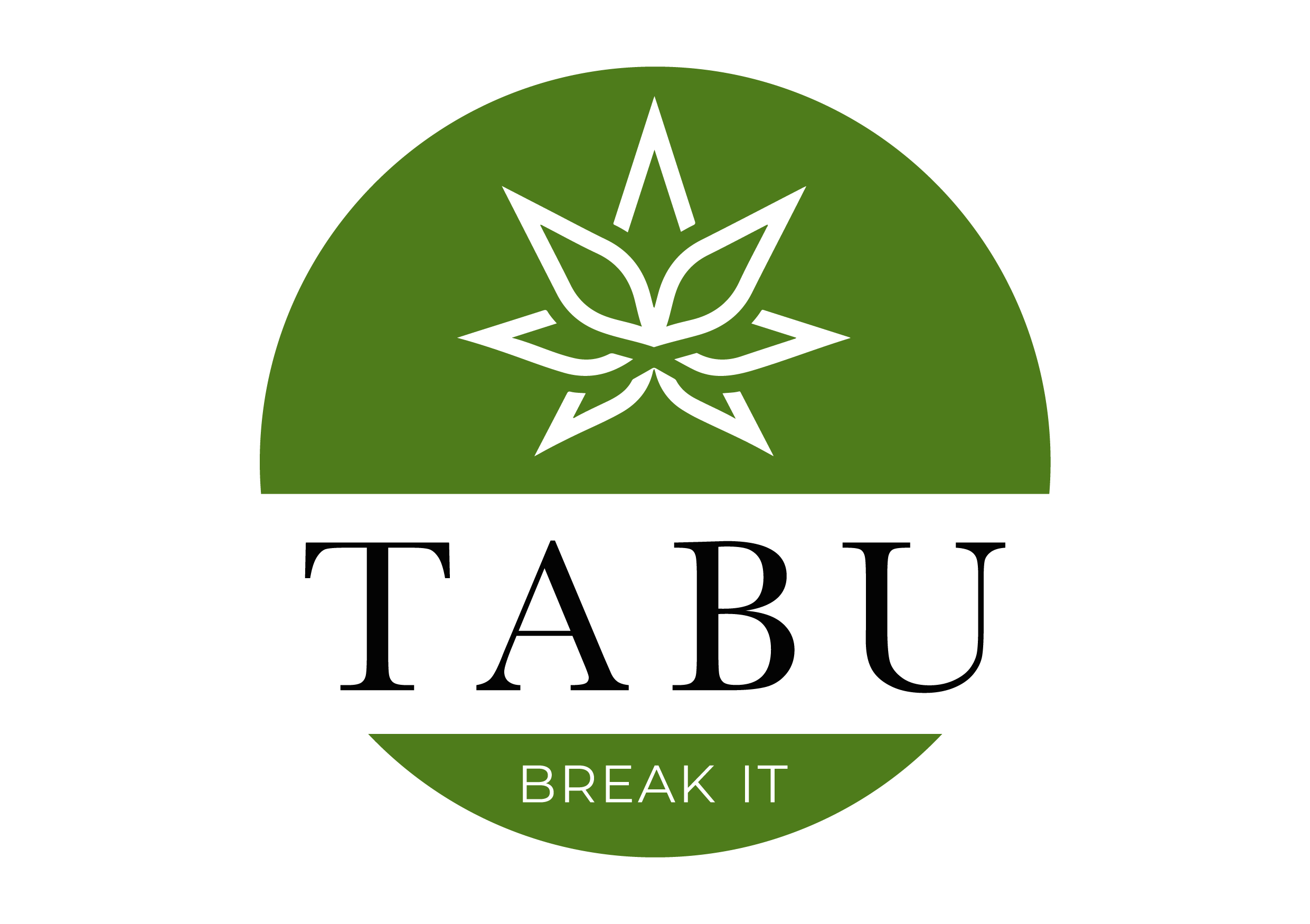What is CBG?
CBG, or Cannabigerol, is the third best known Cannabinoid, after THC (Tetrahydrocannabidiol) and CBD (Cannabidiol), being called the mother Cannabinoid, as it is the first to be produced during the maturation of the Cannabis plant, ie, hemp . As the plant matures, several enzymes convert the CBG into THC (in the case of Marijuana) or CBD in the case of hemp. In addition, because it is harvested earlier in the plant's development process, it has less terpenes – the substance that gives the flower its flavor and aroma.
What is the difference between CBG and CBD?
CBG interacts with the Endocannabinoid System in a unique and different way than CBD, due to the more direct and aggressive reaction with the CB2 neural receptor and, at the same time, with CB1, which is what is normally activated by THC. CBD changes the shape, orientation and permeability of the recipient cell membrane, while CBG behaves more similarly to THC, producing greater exchange of information and nutrients between cells. CBG has also been shown in recent studies to have a neurogenesis effect, in which gamma-variety receptors are activated. To learn more about the endocannabinoid system and receptors click here .
CBG and CBD together?
Yes! CBG can have a deeper effect and it can seem more powerful than CBD. Together, CBD and CBG can provide additional health and immune-boosting benefits in the human body.
Can CBG have an effect on the psychological forum?
Through preclinical data, CBG also appears to demonstrate - even more than CBD - that it is a potential mood enhancer and boosts the production of serotonin which functions as the feel-good hormone produced by the brain, known in English as “feel-good hormone”. This hormone, when in abundance, creates feelings of well-being and happiness.
What are the therapeutic applications of CBG?
Medical investigations at an early stage revealed that CBD can have antibacterial effects, such as destroying MRSA bacteria, one of the most common bacteria in hospitals, as well as highly antibiotic-resistant cells that have been identified as one of the greatest threats to public health. . It also proved to be as effective in treating bacterial infections as the strongest conventional medicine on the market, Vancomycin.
Also at an early stage, it revealed to have applications for dermatological problems: psoriasis, eczema and atopic dermatitis. It has potential as a treatment for anxiety disorders, anti-tumor activity in particular breast carcinomas, and treatment of inflammation in the intestines. In pre-satiated animals, it proved to be an appetite stimulant.
We are excited about the potential of this cannabinoid and all the positive indications for both recreational and medicinal purposes!





Comments (0)
There are no comments for this article. Be the first one to leave a message!